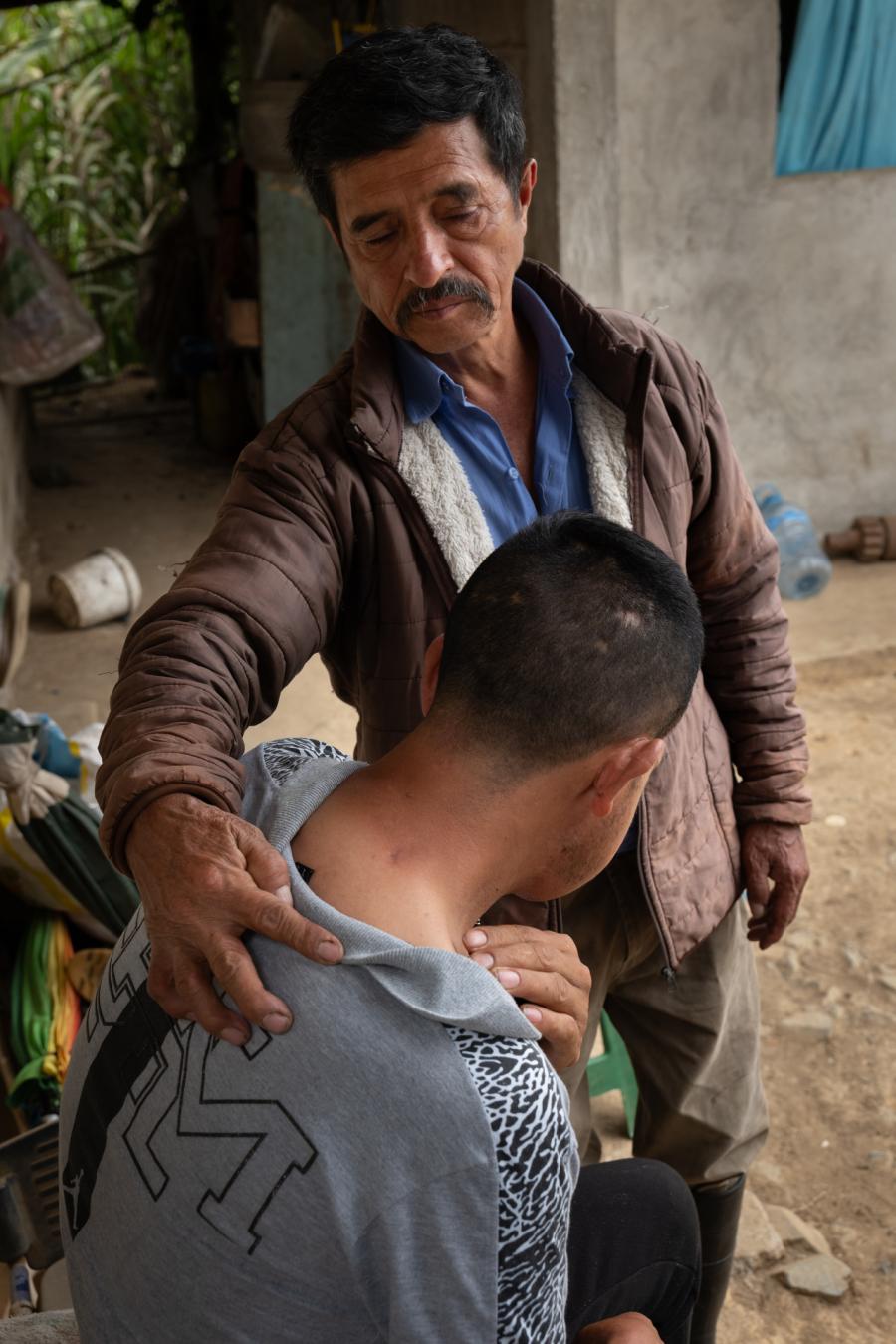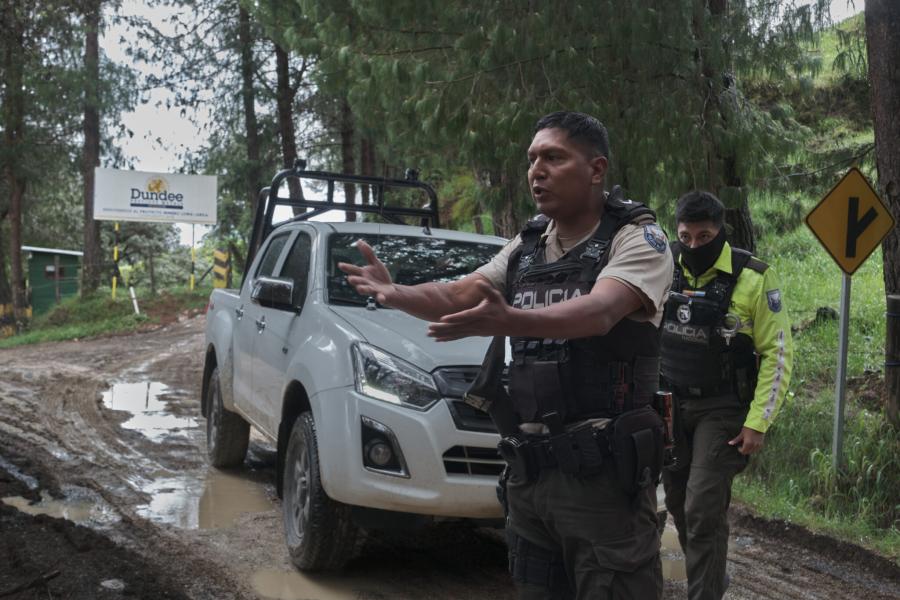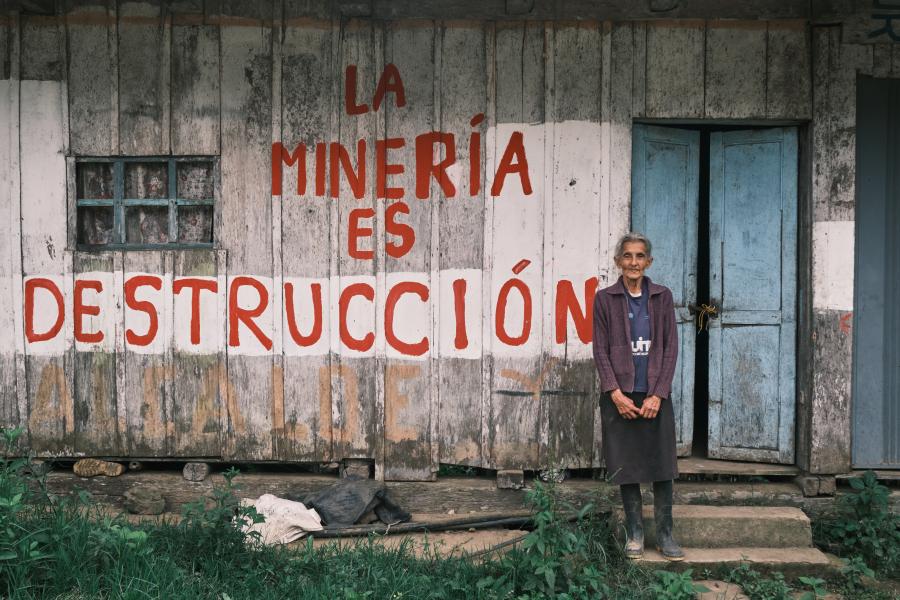Recent news stories about New England states buying "cheap" Quebec power did not mention the real costs to northern Quebec's native peoples, its unique wilderness or its free-ranging wildlife. Vermont's governor Madeleine Kunin is right to be concerned about the effect any new power deals will have on the state's environment. However she should also be aware that Vermont's decision to use or broker this cheap power will impose real costs on the last true wilderness in eastern North America. The current premier of Quebec, Robert Bourassa, has shown he doesn't care about these costs. In 1971 he launched the massive James Bay project, saying, "we must conquer James Bay." We've seen this attitude in the US, especially in Reagan administration policies that advocate oil drilling in the Alaska Wildlife Refuge where an international herd of caribou gather to have their young.
A major difference between the two countries is that in the US we have stronger environmental protection laws and more powerful pro-environment groups. When the James Bay project began, an "environmental impact study" was done only after considerable pressure, and still had no legal standing. It became part of the Bourassa government's public relations effort and contained little of scientific value. Since Bourassa was reelected in 1985, he has vowed to start on Phase II of this project as part of his plan to "turn this society [Quebec] into one of the wealthiest in North America." After Bourassa announced a multimillion dollar power deal with Maine in February 1987, Ted Moses, Grand Chief of the Quebec Cree, stated emphatically in a CBC interview:
At this stage we oppose the project because there has been no communication with the Cree on this issue. The Cree are against the wall. This is a threat to our way of life and our culture.
To understand current concerns, it is helpful to take a look at the devastating effects Phase I of the project has had on the Cree, the Inuit farther to the north and the wildlife that are crucial to the Native American way of life.
The most recent and dramatic story was of the September 1984 drowning of 10,000 caribou near the Inuit town of Kujuuak (Fort Chimo), due to a water release from a Hydro-Quebec dam. This alarmed local people not only because they rely on caribou for food but because they feared pollution and consequent fish loss. This story made US headlines, even rating a Sports Illustrated article entitled "The Torrent of Death," but few other equally serious stories have been printed. For example, the 4,000 sq mi of water backed up behind eight massive dams up to 40 stories high are not lakes but muddy, stump-choked deadwaters. Worse, this flooding has released naturally occurring mercury, which is appearing in unsafe levels in locally consumed fish. In addition, some communities lost their traditional sources of fresh water from previously free-flowing rivers.
There is no indication that Phase II, which would impound the waters of the Great Whale or the Broadback River systems, would be any less devastating to the cultural-biological ecosystem; more likely, it would mean the devastation of many more square miles of this unique area.
There is no indication that these issues are of significant concern to the decision makers. Hydro-Quebec called the unnecessary and avoidable loss of the 10,000 caribou "mainly an act of God." The loss of 10,000 caribou can be sustained by the 300,000 Labrador-Quebec herd, which is the largest remaining free-ranging herd in the world. However, as this type of development closes in from all sides, habitat loss will continue.
It has long been commonplace for the more powerful urban areas to the south to ruthlessly exploit the north for furs, minerals, oil, hydropower and other products. Vermont's plan to broker Quebec power to southern New England gives us a special opportunity to examine our values. Do our dishwashers, automatic garage door openers and other conveniences determine our quality of life? Is convenience our highest value as a people? When faced with the oil "crisis," we learned to conserve and grew stronger as a result. Doesn't our quality of life suffer more deeply when it is based on the exploitation of others?
Article copyright Cultural Survival, Inc.



